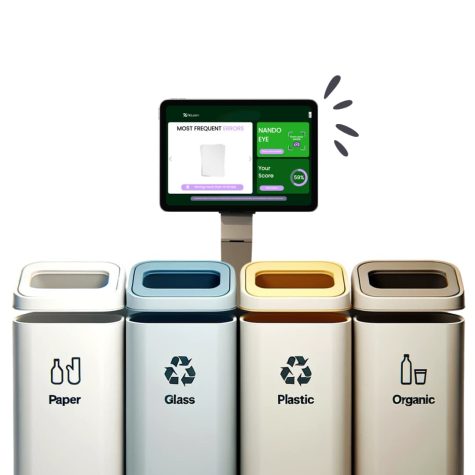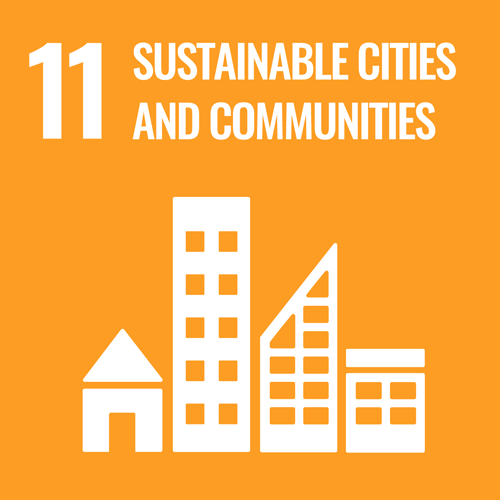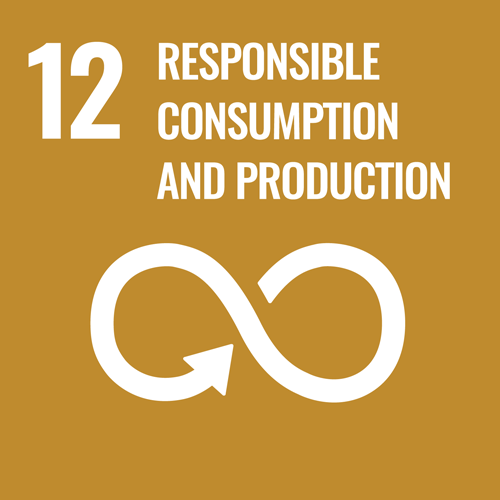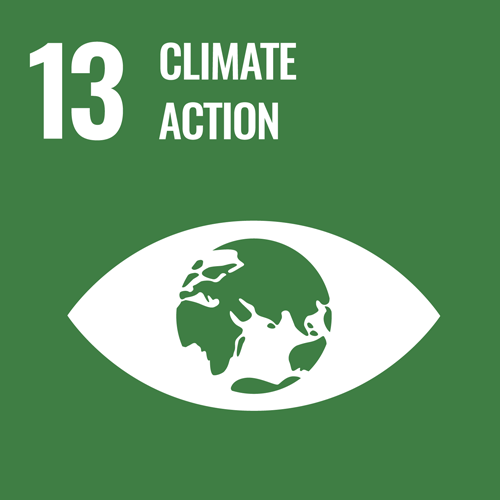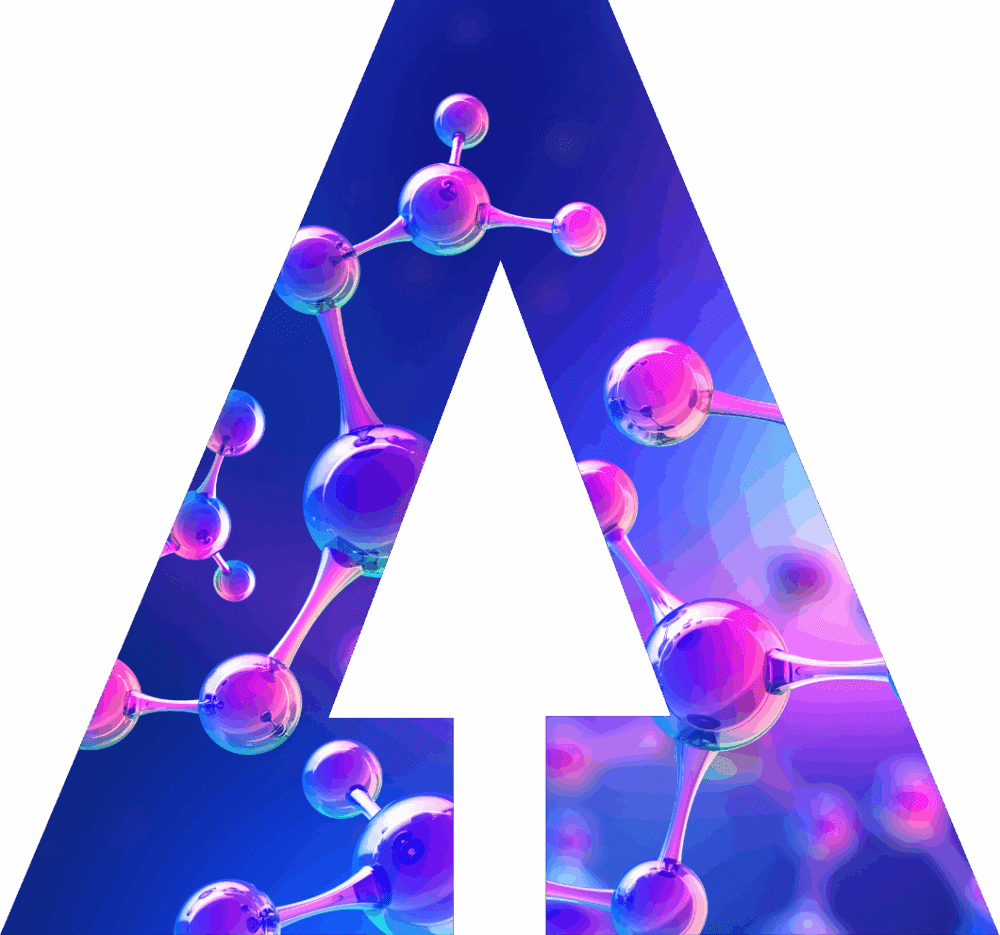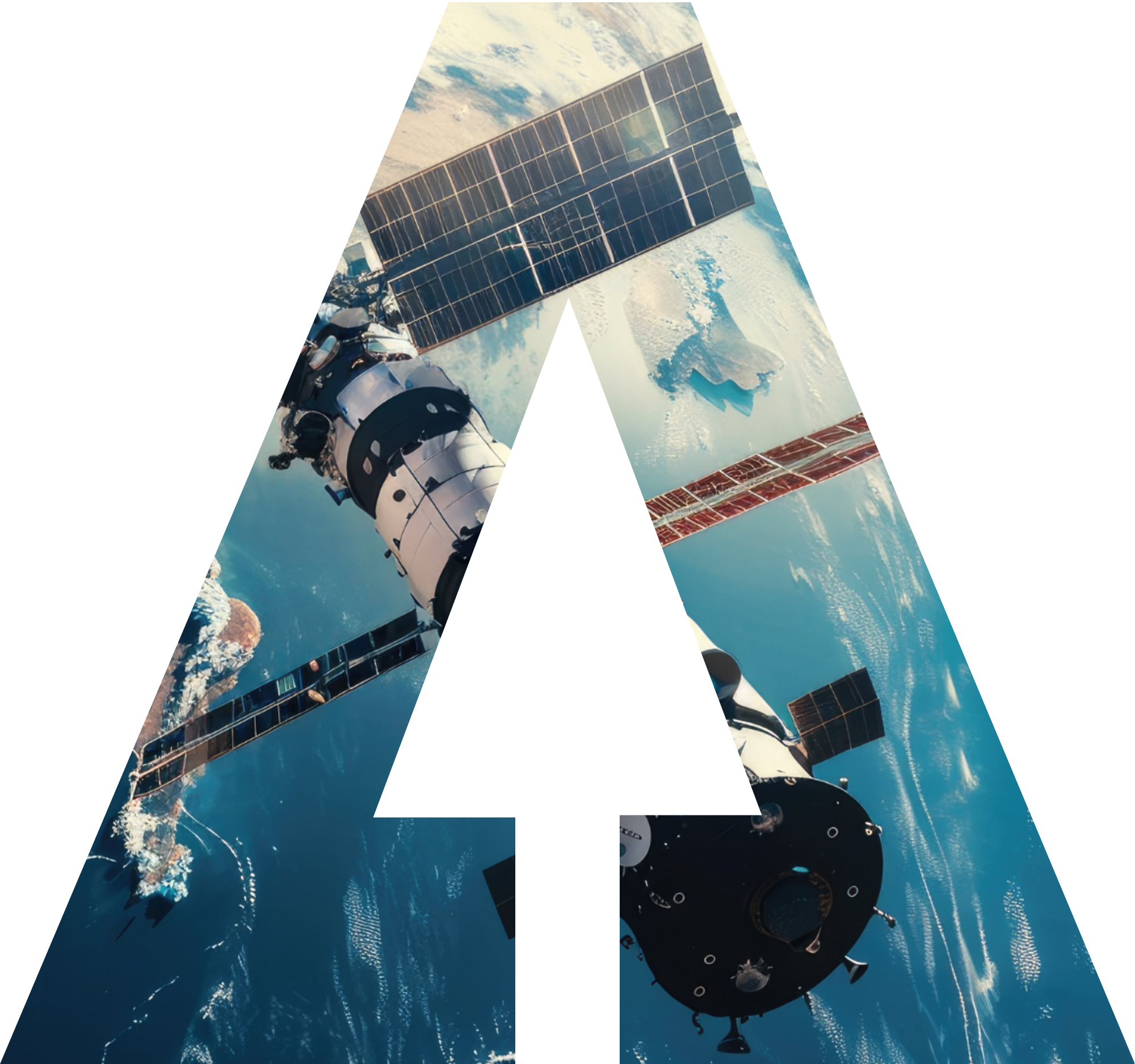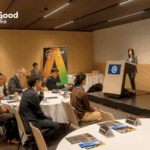In recent years, the intersection of artificial intelligence (AI) and waste management has emerged as a promising frontier in sustainability research. AI technologies are increasingly being used to address some of the most pressing environmental challenges, including waste reduction. The usage of AI in waste management is transforming how we process, handle and recycle waste, making these practices more sustainable, efficient and cost-effective.
The application of AI in waste management encompasses several current trends. This includes using machine learning algorithms for waste sorting, aiming to classify and sort recyclables to reduce contamination in recycling streams. Predictive analytics are also being employed to optimize collection routes, leading to more efficient resource allocation and collection processes. Furthermore, AI-powered robotics are being implemented to automate and enhance the efficiency of waste processing, particularly in sorting tasks. Lastly, AI-powered sensors integrated with the Internet of Things (IoT) are utilized to optimize waste collection by tracking the fill levels of waste bins and determining the need for collection.
After examining the applications of AI in waste management, several significant benefits emerge. It can decrease costs by minimizing the number of trucks needed for waste collection. It also enhances the quality of recycled materials by reducing contamination, which in turn can increase revenue. Moreover, AI-driven innovations can lead to more efficient, user-friendly, and cost-effective recycling systems, potentially increasing recycling rates. This progress contributes to reducing environmental pollution.
The potential of AI in waste management is wide. By enhancing sorting accuracy, AI can significantly reduce the volume of waste sent to landfills and increase the amount of materials recovered for recycling. This not only preserves natural resources, but it also reduces greenhouse gas emissions associated with the production of new materials.
It’s what we call circular economy, which grows through the reuse, repair and recycling of materials.
Introducing NANDO: an example of AI to manage waste
The upcoming AI for Good Global Summit will be working with ReLearn as a Sustainability Partner, to track and manage waste, as part of the commitment to be a world-leading sustainable event. The event is paperless, with agendas and information available via the AI for Good Neural Network app. In addition, the event will encourage use of reusable water bottles and coffee cups to limit single use items from being discarded. Learn more about how we are “Greening ITU” here.
NANDO is the Artificial Intelligence (AI) solution designed by the Italian startup ReLearn, that introduces sustainable waste management practices and help companies optimize their waste management procedures.
NANDO is capable of monitoring, analyzing and measuring waste production, offering valuable insights on recycling and waste reduction. All the waste data are aggregated into a monitoring dashboard, that allows customers to understand and reduce their environmental impact by implementing data-driven strategies.
Additionally, NANDO involves the communities by raising awareness on waste topic, through a gamification approach, in order to offer effective strategies to reduce, reuse, recycle and manage waste.
The integration of AI into waste management represents a significant step forward in our ability to address environmental challenges. Beyond its immediate benefits, solutions like NANDO foster broader cultural shifts towards sustainability. They demonstrate the practical utility of AI in everyday contexts, making the abstract concept of “sustainable living” a concrete goal.



